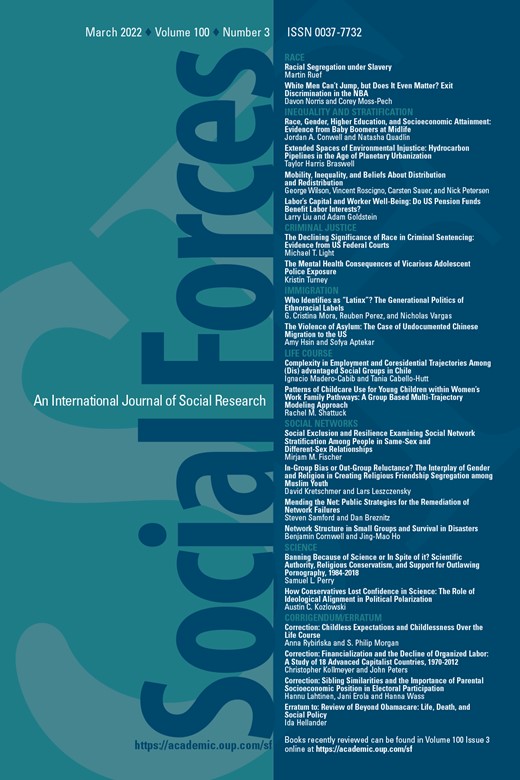-
Views
-
Cite
Cite
Nicole Fox, Review of “Knowing About Genocide: Armenian Suffering and Epistemic Struggles”, Social Forces, Volume 100, Issue 3, March 2022, Page e24, https://doi.org/10.1093/sf/soab126
Close - Share Icon Share
Extract
In a time when political leaders have deployed the use of “alternative facts” to deny the catastrophic effects greed has had on our environment and humanity as a whole, Joachim J. Savelsberg’s new book is a breath of fresh air. Knowing about Genocide asks how communities and nations produce and circulate knowledge about mass atrocity, showing the possibility that with the efforts of various social actors, episodes of extreme violence can come to public light. Savelsberg does so through an investigation of how information is negotiated, and ultimately how narratives become sedimented. In using the case of the Armenian genocide as the central lens to understand the various mechanisms in which survivors of genocide, activists, and scholars fight against denial through the production of knowledge, Savelsberg illuminates the leverage and power of these diverse social actors. One of the most fascinating aspects of this book is Savelsberg’s cross-national comparison of knowledge production—taking the reader from Armenia to France and then to the United States.



